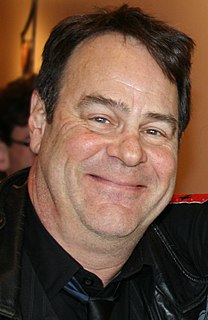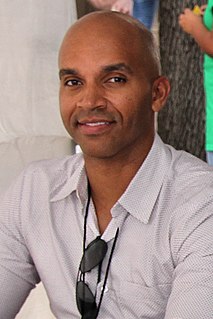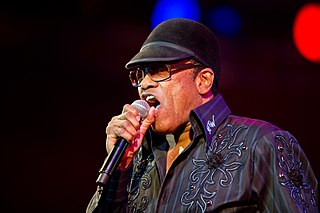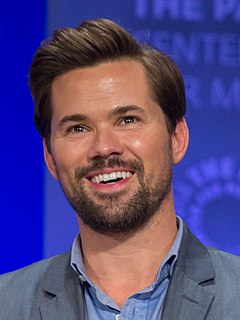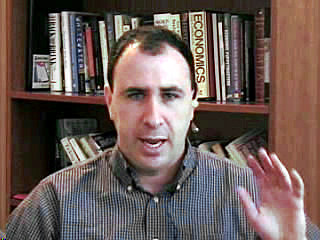A Quote by Alex Gibney
Many people, including myself, thought of Jobs as an inventor, an Edison-like figure, but he wasn't. I did a documentary on James Brown recently; and, oddly, I found a lot in common between Jobs and Brown. Jobs was also a fantastic performer, put on an extraordinary live show at his product launches, but he could also be ruthless, cruel and totally self-aggrandizing. And just as Brown surrounded himself with the very best musicians, Jobs understood the importance of hiring the absolutely most talented people and knew how crucial they were to the success of what he was trying to do.
Quote Topics
Absolutely
Also
Best
Between
Brown
Common
Could
Crucial
Cruel
Did
Documentary
Extraordinary
Fantastic
Figure
Found
Himself
Hiring
His
How
Importance
Including
Inventor
James
Jobs
Just
Knew
Like
Live
Lot
Many
Most
Musicians
Myself
Oddly
People
Performer
Product
Put
Recently
Ruthless
Self
Show
Success
Surrounded
Talented
Talented People
Thought
Totally
Trying
Understood
Very
Were
Related Quotes
James Brown opened at least six of our House of Blues clubs. He always delivered, but he demanded the respect of an emperor. But, come on, he's James Brown ! ... I got to play on stage with him. Did he ever fine me ? (Brown was known to fine players for flubbing notes or steps) - I would have loved to have been fined by James Brown !
Much of the message that I try to put across to students is that they have to figure out what they really like to do and find a way to do that as an adult for their jobs. A lot of people have jobs they don't like, and it makes for very unhappy people. So I tell them if you like to write, or run around, or dig in the dirt, then find a job that will allow you to do that, and you'll be happy.
Our biggest challenge in this digital age that we are entering is how do we effectively begin to train people for the jobs that are going to exist and not have them be stuck on jobs that are going to go away? And this is a big deal. And it requires the businesses of this country to, in my opinion, first of all, demand changes in the education system and also develop innovative, creative ways to have industries train people for the skills that are necessary for the jobs that are coming.
The idea that you won't have a job is a real fear that people go through, so when people talk about jobs and say, 'I'm gonna create jobs!' or, 'There's gonna be a loss of jobs,' those are just words. But the reality of someone actually losing their job - I mean, it's their entire life for most people in this country.
Apple does all of its research and development in America. It has all these brilliant people sitting in Silicon Valley. But until recently, Apple made nothing in America. Zero. And the jobs that were accessible to a good, well-trained worker that knew how to do welding or assembly, none of those jobs had stayed in America. We don't have the workforce.

